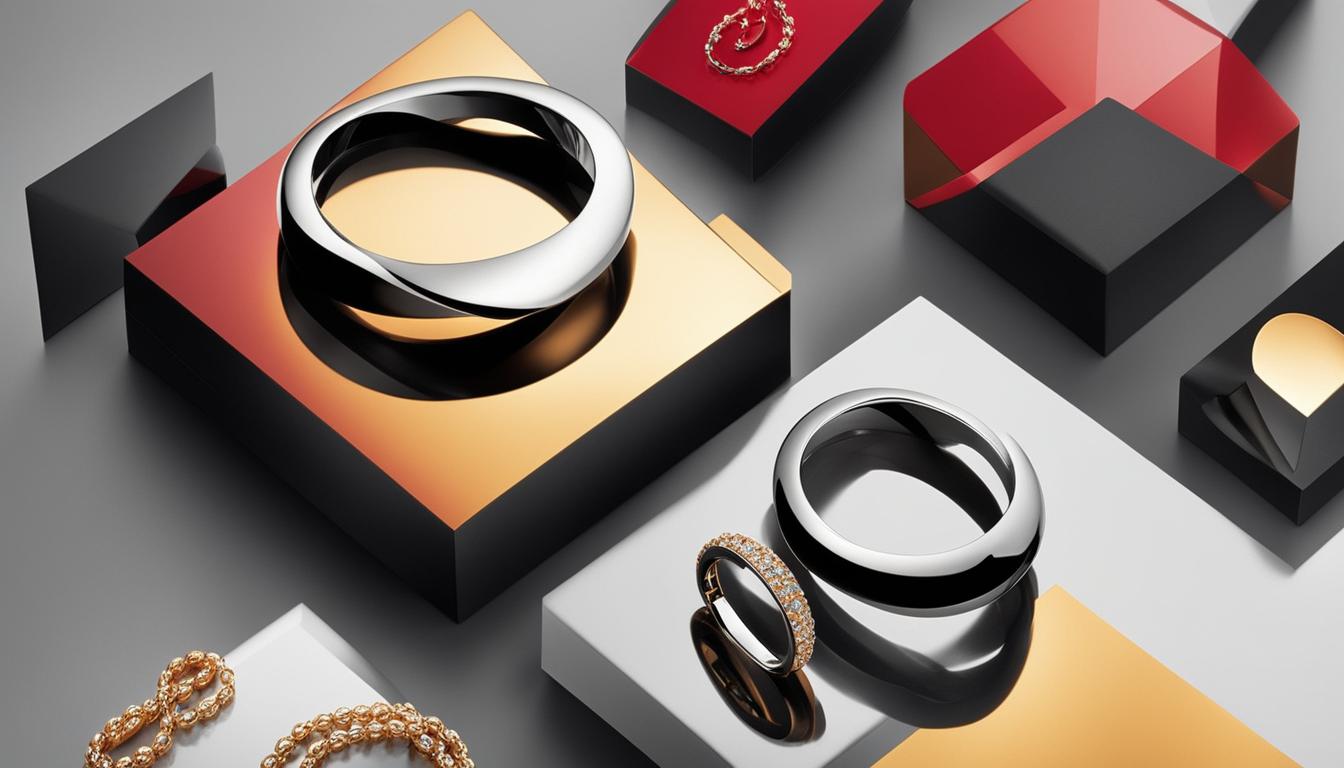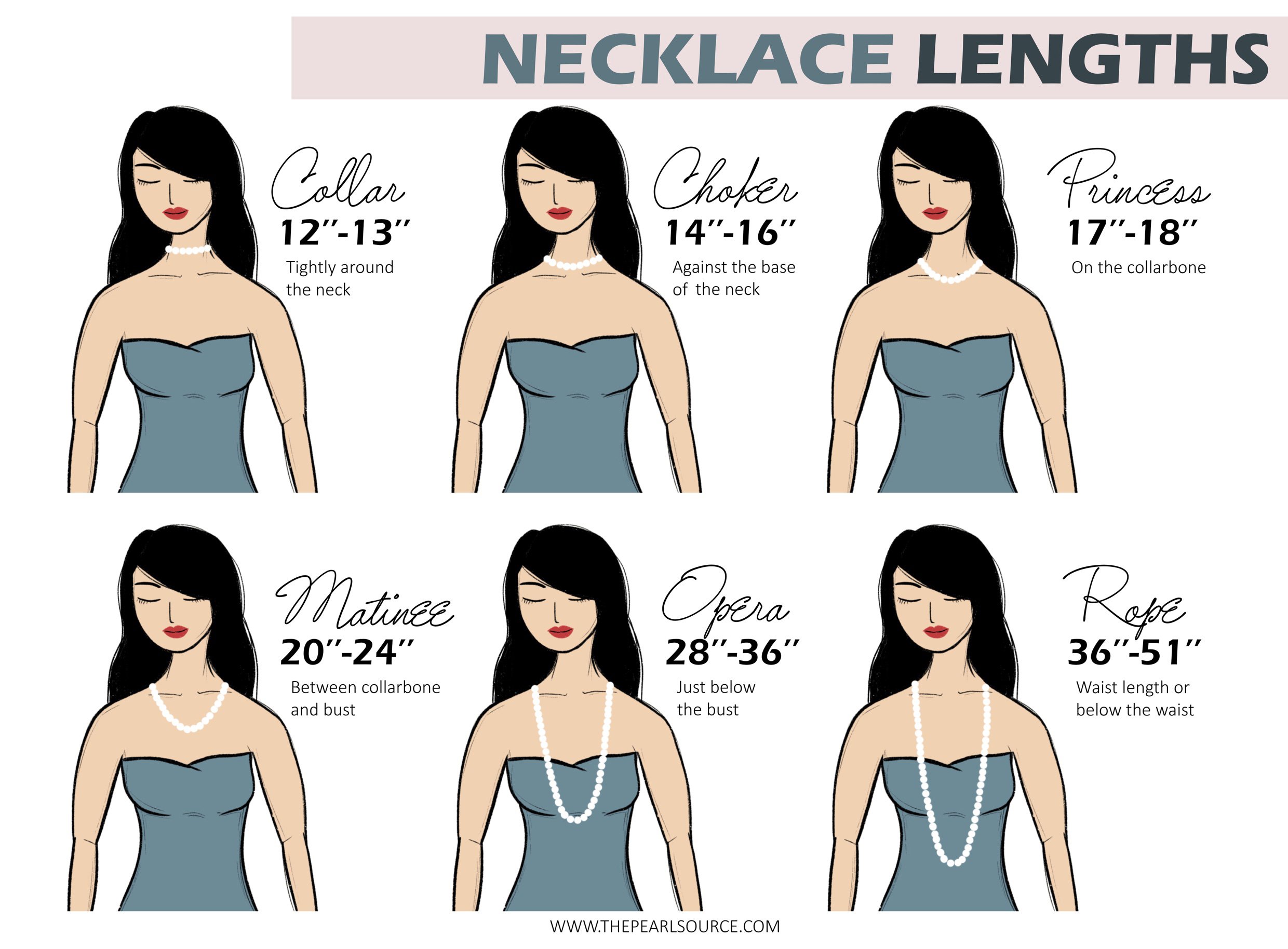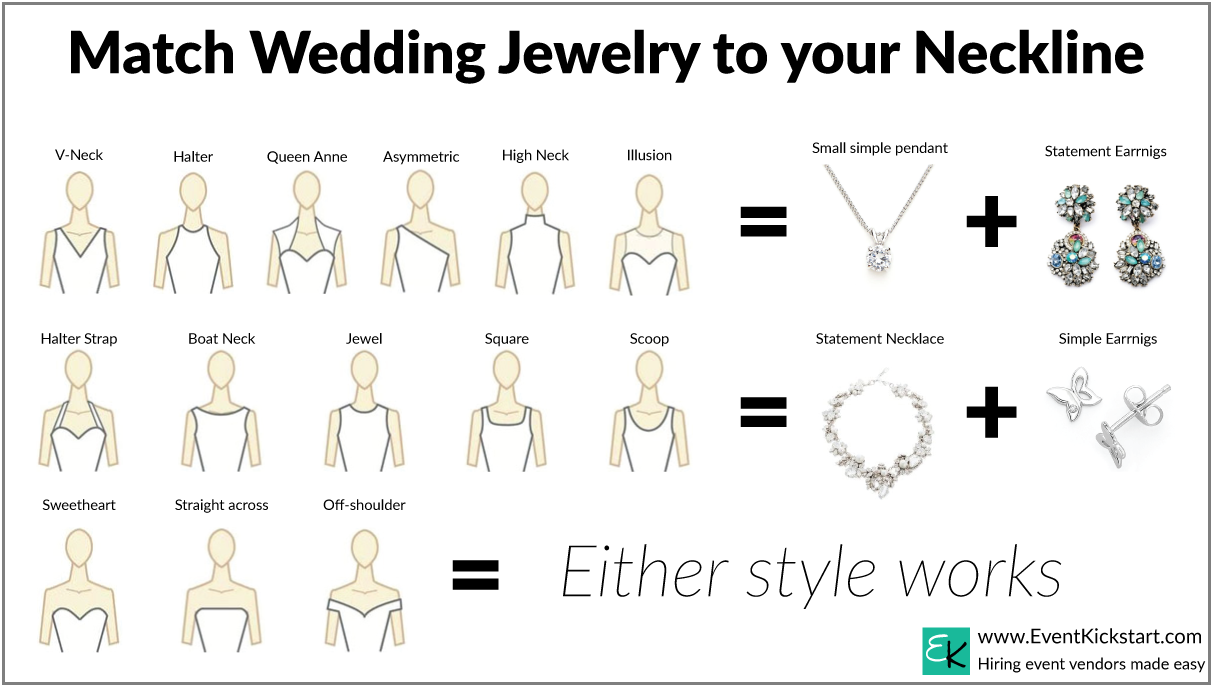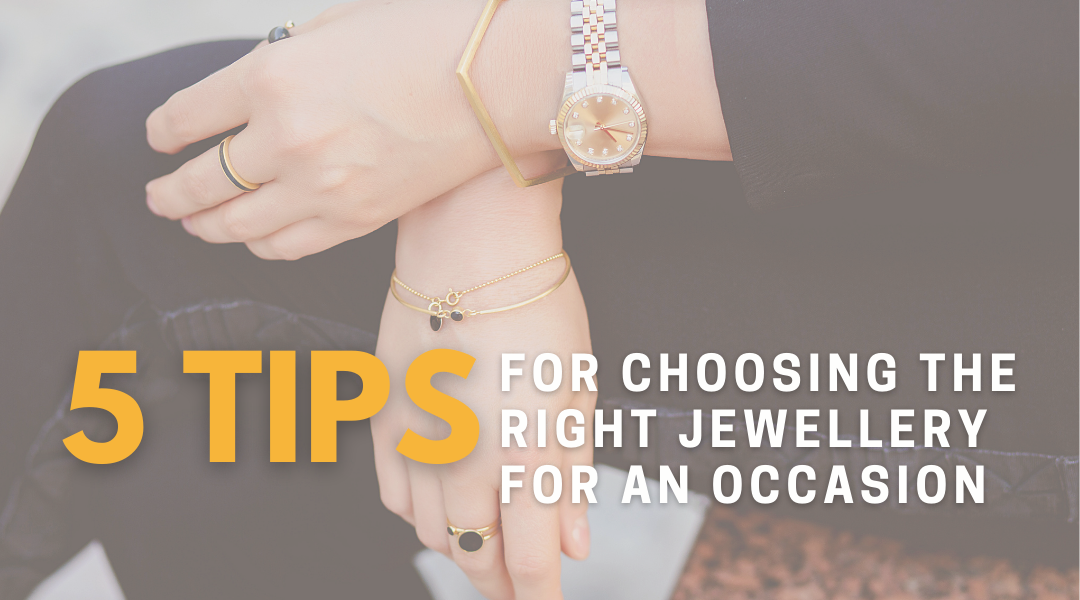Which Is Correct Jewelry Or Jewellery
which is correct jewelry or jewellery
Related Articles: which is correct jewelry or jewellery
Introduction
In this auspicious occasion, we are delighted to delve into the intriguing topic related to which is correct jewelry or jewellery. Let’s weave interesting information and offer fresh perspectives to the readers.
Table of Content
The Jewel of the Language: Unraveling the "Jewelry" vs. "Jewellery" Debate

The English language, like a beautifully crafted piece of jewelry, is a treasure trove of intricacies and nuances. One such intricacy lies in the spelling of the word denoting adornments – "jewelry" or "jewellery." This seemingly simple question has sparked debates among writers, editors, and language enthusiasts alike. The answer, however, is not as straightforward as one might initially assume.
A Tale of Two Spellings: Tracing the Origins
The root of this spelling discrepancy lies in the evolution of the English language itself. "Jewelry" is the American English spelling, while "jewellery" is the preferred spelling in British English, Canadian English, and several other Commonwealth countries. The difference stems from the historical development of these dialects.
The American Influence: A Simpler Approach
American English, influenced by the simplified spellings championed by Noah Webster in the late 18th century, opted for a more straightforward approach. Webster’s dictionary, published in 1828, advocated for removing the "u" from words like "colour" and "humour," reflecting a shift towards a more phonetic spelling. This simplification extended to "jewelry," discarding the "u" that remained in British English.
The British Tradition: Preserving the Past
British English, on the other hand, has maintained a stronger connection to its medieval roots, retaining the "u" in "jewellery." This spelling reflects the French influence on the English language, where the word "bijou" (meaning jewel) was adapted to "jewel" and later to "jewellery."
Beyond the Spelling: A Matter of Style
The debate surrounding the spelling of "jewelry" and "jewellery" transcends mere linguistic preferences. It often reflects a broader question of stylistic choices and the importance of maintaining consistency within a particular context.
Consistency is Key: A Guide for Writers
For writers, the key is to maintain consistency throughout their work. If a particular publication or style guide dictates a specific spelling, adhere to it. If no such guidelines exist, it’s best to choose one spelling and stick with it.
The Global Reach of English: Navigating the Nuances
In a world increasingly interconnected, the question of "jewelry" vs. "jewellery" takes on a global dimension. Writers aiming to reach a wider audience should consider the international context. For instance, a writer targeting a global readership might choose "jewelry" as a more universally recognized spelling.
The Importance of Clarity: Ensuring Effective Communication
Ultimately, the primary objective of any writer is clear and effective communication. While the spelling of "jewelry" or "jewellery" may not significantly alter the meaning, it can subtly affect the reader’s perception. Choosing a spelling that aligns with the intended audience and context ensures that the message is conveyed effectively.
FAQs: Dispelling the Myths and Misconceptions
Q: Is "jewelry" or "jewellery" grammatically correct?
A: Both spellings are grammatically correct, but they represent different dialects of the English language.
Q: Which spelling is more widely accepted?
A: "Jewelry" is more common in American English, while "jewellery" is prevalent in British English and other Commonwealth countries.
Q: Can I use both spellings in the same document?
A: It’s generally advisable to maintain consistency within a single document. Choose one spelling and stick with it.
Q: Should I always use "jewelry" because it’s simpler?
A: The choice of spelling depends on the context and intended audience. If you are writing for a global audience, "jewelry" might be a safer option.
Tips for Choosing the Right Spelling:
- Consider your target audience: If your audience is primarily American, "jewelry" is the preferred choice. For a British or Commonwealth audience, "jewellery" is more appropriate.
- Follow style guides: If you are writing for a specific publication or organization, adhere to their style guide.
- Maintain consistency: Once you’ve chosen a spelling, stick with it throughout your work.
Conclusion: Embracing the Beauty of Language
The debate surrounding "jewelry" and "jewellery" highlights the fascinating diversity of the English language. While the spelling may differ, the underlying meaning remains the same – a testament to the enduring power of language to connect and communicate across cultures and continents. Ultimately, the choice of spelling should be guided by a desire for clarity, consistency, and a respect for the nuances of the language.








Closure
Thus, we hope this article has provided valuable insights into which is correct jewelry or jewellery. We hope you find this article informative and beneficial. See you in our next article!
You may also like
Recent Posts
- The Enduring Appeal Of XP Jewelry: A Timeless Symbol Of Achievement
- A Global Tapestry Of Adornment: Exploring World Collections Of Jewelry
- The Evolution Of A Brand: Understanding The Name Change Of Lola Rose Jewellery
- Navigating The UK’s Jewelry Wholesale Landscape: A Comprehensive Guide
- The Allure Of Effy Jewelry: Unveiling The Reasons Behind Its Premium Pricing
- The Enduring Appeal Of Gold Jewelry: A Timeless Investment
- The Art Of Harmony: Elevating Your Style Through Accessory Coordination
- The Comprehensive Guide To Wholesale Jewelry Supplies Catalogs: A Treasure Trove For Jewelry Makers And Businesses
Leave a Reply